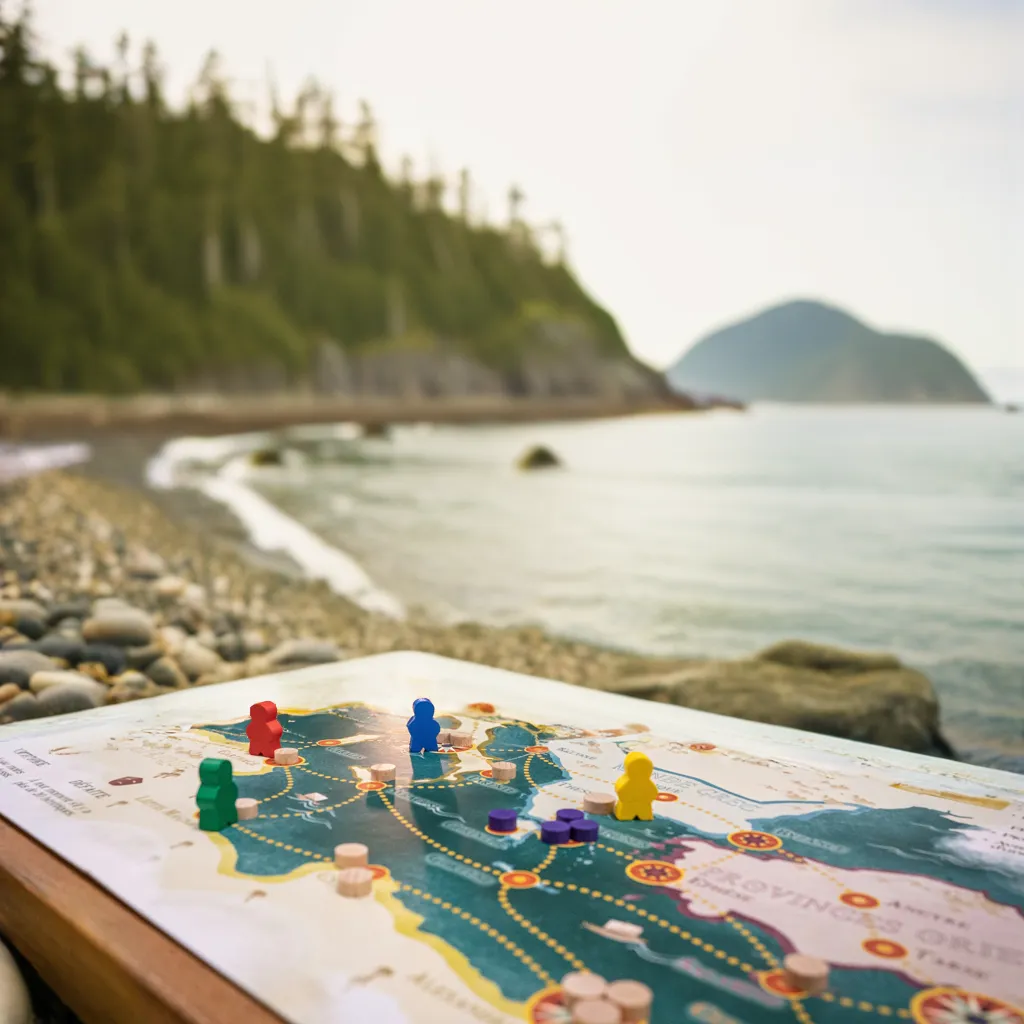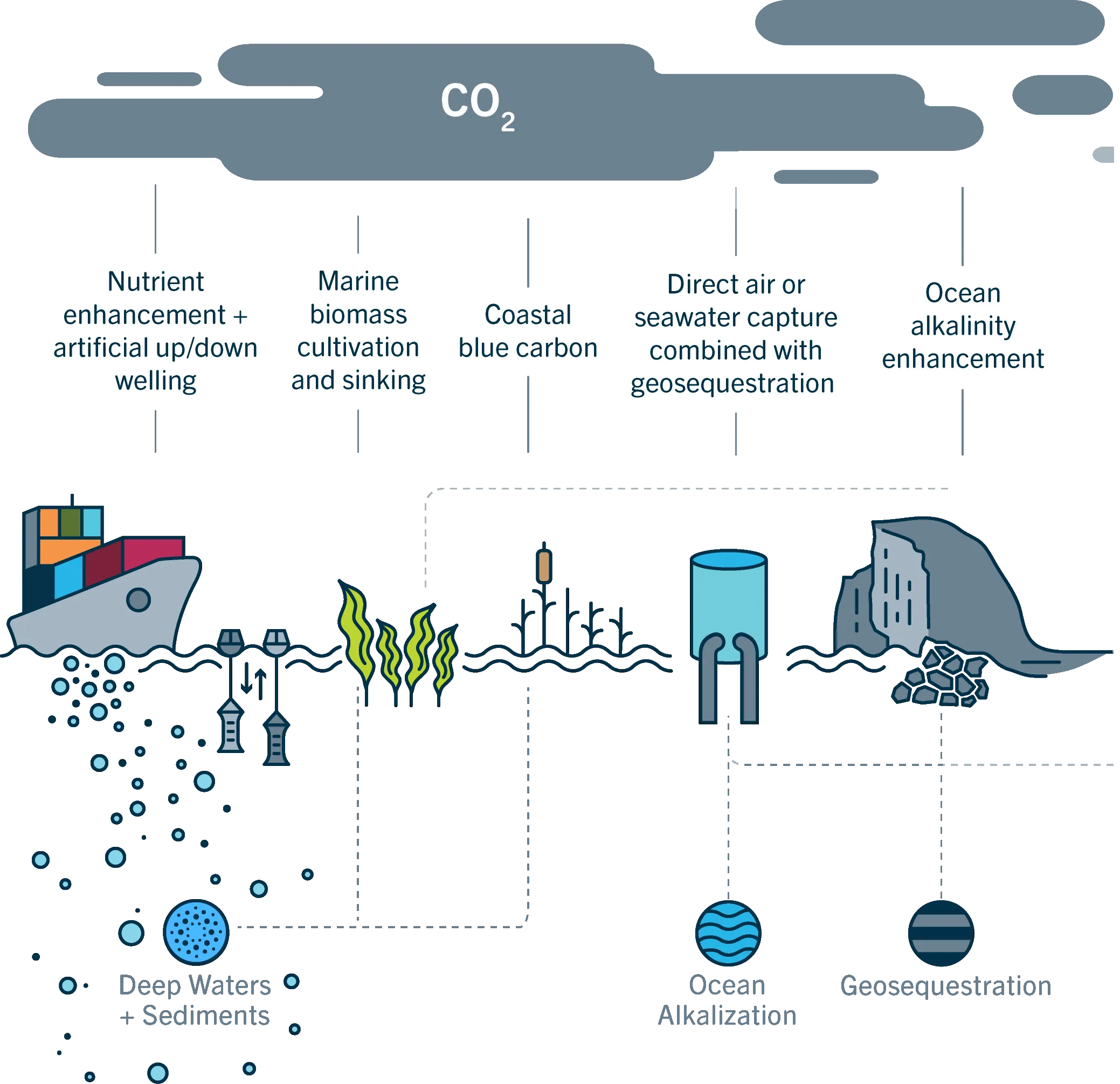Shifting Tides
Wise ocean stewardship demands acknowledging the diverse relationships held with the ocean and surfacing these in decision-making. Marine spaces are being eyed for their potentials, yet they are more stressed than ever. Marine atmospheric carbon dioxide removal (mCDR), in particular, is a climate change intervention being discussed in professional circles – though without meaningful public deliberation nor clear governance systems. In collaboration with social scientists at the University of British Columbia and American University, I developed some of the earliest work exploring public perceptions of mCDR.
Ecosystem-based interventions and the like are generally well received; but they are limited in scale and durability. The real, more substantive, conversations emerge when discussing larger, more intensive interventions. What analogies help to interpret information? How are risks and benefits perceived? What tradeoffs under what conditions are acceptable? These are key questions explored through surveys and workshops.
As the mCDR expert, I was responsible for the technical accuracy of coauthored materials as well as jointly organizing and facilitating workshops. These workshops invited general publics, environmental NGOs, and First Nations community members to deliberate several mCDR options. These included those of project sponsors (e.g., Solid Carbon and Planetary Technologies) and others (e.g., biomass sinking and ocean alkalinity enhancement) selected for their: technical potential, contrasting implications at scale, and near-term feasibility in the BC context.
Overall, mCDR is an unprecedented concept for the public. It evokes concern about moral and physical hazards, as well as feedbacks with existing (eco)systems. Yet it also evokes optimism and a responsiveness to benefits linked to a sense of climate urgency and responsibility for natural systems. This upstream research will continue to foster dialogue between mCDR proponents and the public.

